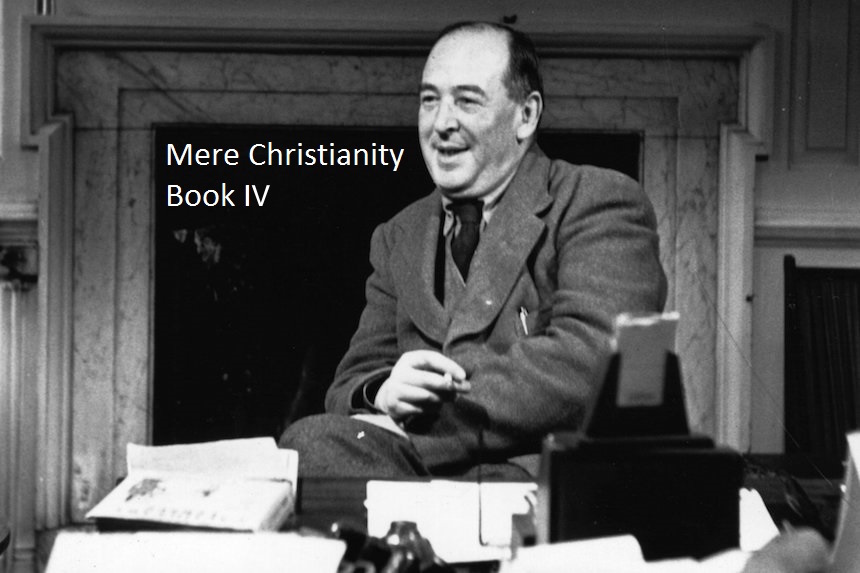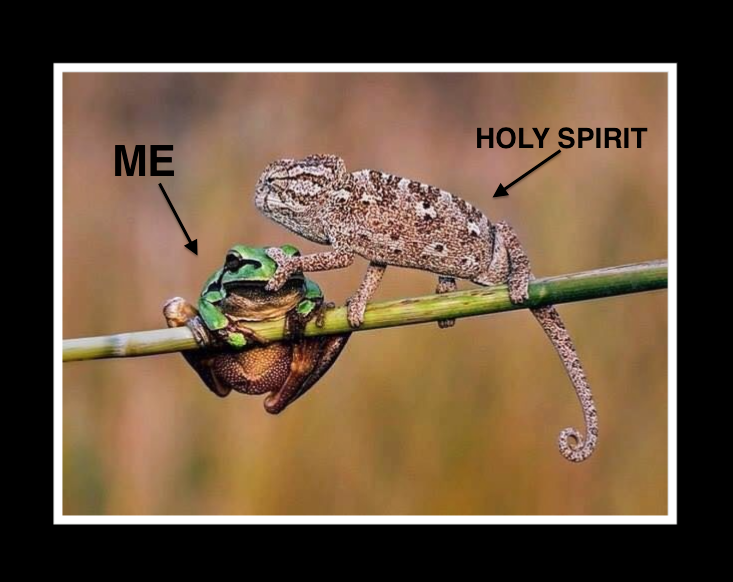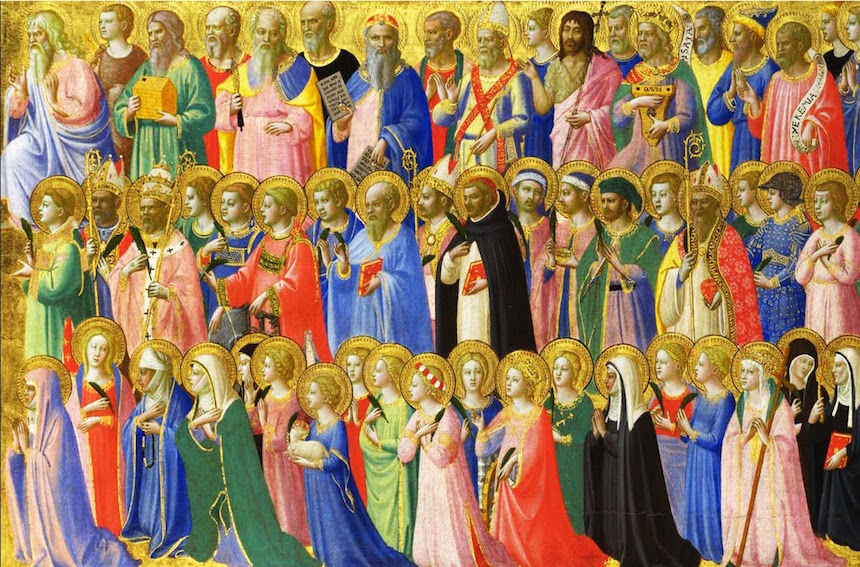Mere Christianity – Book IV – Chapter 7 (“Let’s Pretend”)


Picking back up my notes for C.S. Lewis’ “Mere Christianity”…
1. This chapter is about how people pretend and their pretense leads to reality
(a) Beauty and the Beast
(b) A man wearing a beautiful mask for a year and his face becomes conformed to the attractive shape of the mask
2. We “pretend” as soon as we say the first two words of the Lord’s Prayer
“…Do you now see what those words mean? They mean quite frankly, that you are putting yourself in the place of a son of God. To put it bluntly, you are dressing up as Christ. If you like, you are pretending”
(a) When you pretend, you realize what a poor imitation you really make
“…the moment you realise what the words mean, you realise that you are not a son of God. You are not being like The Son of God, whose will and interests are at one with those of the Father: you are a bundle of self-centred fears, hopes, greeds, jealousies, and self-conceit, all doomed to death”
(b) This seems like cheek, but this is what God has commanded us to do
“…this dressing up as Christ is a piece of outrageous cheek. But the odd thing is that He has ordered us to do it.
He has done so because there are two kinds of pretending:
(i) The bad kind
“…where the pretence is there instead of the real thing; as when a man pretends he is going to help you instead of really helping you:
(ii) The good kind
“…where the pretence leads up to the real thing”
This explains some of our experience:
(A) Pretending to be friendly
“When you are not feeling particularly friendly but know you ought to be, the best thing you can do, very often, is to put on a friendly manner and behave as if you were a nicer person than you actually are. And in a few minutes, as we have all noticed, you will be really feeling friendlier than you were. Very often the only way to get a quality in reality is to start behaving as if you had it already”
(B) Children’s Games
“They are always pretending to be grown-ups-playing soldiers, playing shop. But all the time, they are hardening their muscles and sharpening their wits, so that the pretence of being grown-up helps them to grow up in earnest.”
 Happy Monday! I recently discovered the Catholic musician, PJ Anderson. His song “Victorious” is just the sort of song to kick off the week…
Happy Monday! I recently discovered the Catholic musician, PJ Anderson. His song “Victorious” is just the sort of song to kick off the week…



